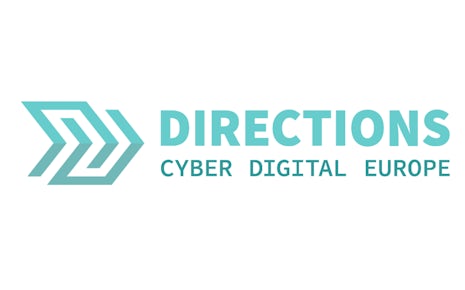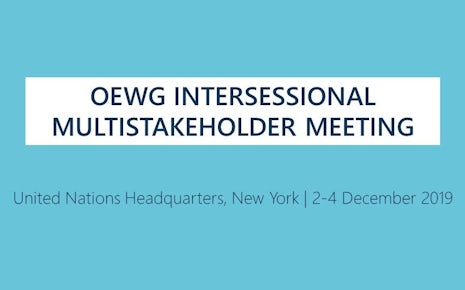Abstract
The two parallel processes at the United Nations – the UN Group of Governmental Experts (UNGGE) and the Open-Ended Working Group (OEWG) – can serve as useful vehicles to take concrete actions towards strengthening the commitment of states to behave responsibly in cyberspace . As the European Union and its member states are active in these two platforms, they need to recognise that the EU reality is not shared by everyone and that their core values are not uncontested in the world. Remaining mindful of the differences that surround the development and use of information and communications technologies (ICTs), the EU’s approach in these processes must remain open towards the views and ideas of others.
A clearly defined vision for a global engagement on cyber-related issues is a precondition for achieving progress towards a peaceful and secure cyberspace. It also requires a roadmap which outlines the steps of such a process, including by (1) setting the goal, (2) designing a strategy towards achieving it, (3) engaging others in the execution of the strategy to multiply the EU’s voice, (4) showing why the goal is worth pursuing, and (5) demonstrating possible actions to convince others.



